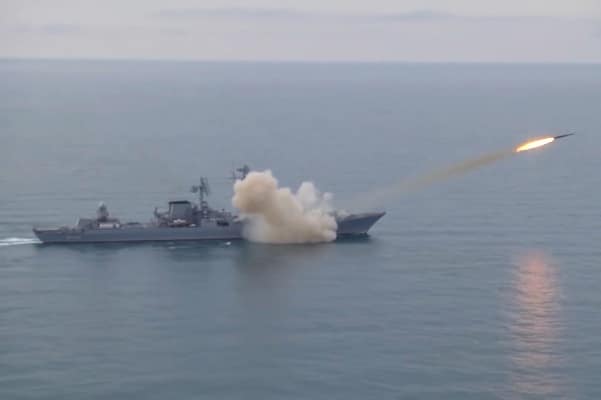General David Berger, Commandant of the US Marine Corps, said Tuesday that incidents like the drone crashing in the Black Sea is his “biggest worry.”
Speaking at a National Press Club Event in Washington, D.C. General Berger said, “This is probably my biggest worry, both there and in the Pacific…an aggressive Russia or China pilot or vessel captain or something gets too close, doesn’t realise where they are, causes a collision.”
He added, “And it’s two in the morning and we’re trying to unpack this as fast as we can. I really worry about that.”
Pentagon Press Secretary Air Force Brigadier General Pat Ryder, said “This incident demonstrates a lack of competence in addition to being unsafe and unprofessional,” but he would no comment if the Reaper drone was armed.
Read more on Russia-Ukraine war:
UK tells Moscow to ‘respect’ international airspace and Russian ambassador warns the US drone crash over the Black Sea is ‘a provocation’
Putin uses the ‘cruellest’ tactics using thermite weapons in Vuhledar to try and break the deadlock
Putin ‘willing to murder his way down to get to the men he wants in charge’ after a ‘string of mysterious deaths’
RAF and German fighter jets ‘scrambled to intercept’ Russian aircraft near to a NATO country
However defence analyst Professor Michael Clarke believes that the incident is “almost certainly” an accident.
He said that the US Reaper Drone was flying in circles collecting intelligence and was likely flying over the Black Sea collecting intelligence in international airspace.
Speaking to Sky News the drone travels at 250mph and the Russian Su-27 fighter jets travel at the speed of sound and had the warplanes flew around the US aircraft at the same speed then they would be “close to stalling speed.”
Professor Clarke said that therefore it would be very difficult for the Russian fighter jets to have deliberately hit the drone’s propeller intentionally, which is what the US have claimed.
He said, “Something, to my mind, clearly went wrong,” and it is most likely the pilot simply flew “too close.”
Professor Clarke added that the Russian pilot was “extremely lucky” his plane didn’t suffer “catastrophic damage” when the collision happened.






Leave a Comment